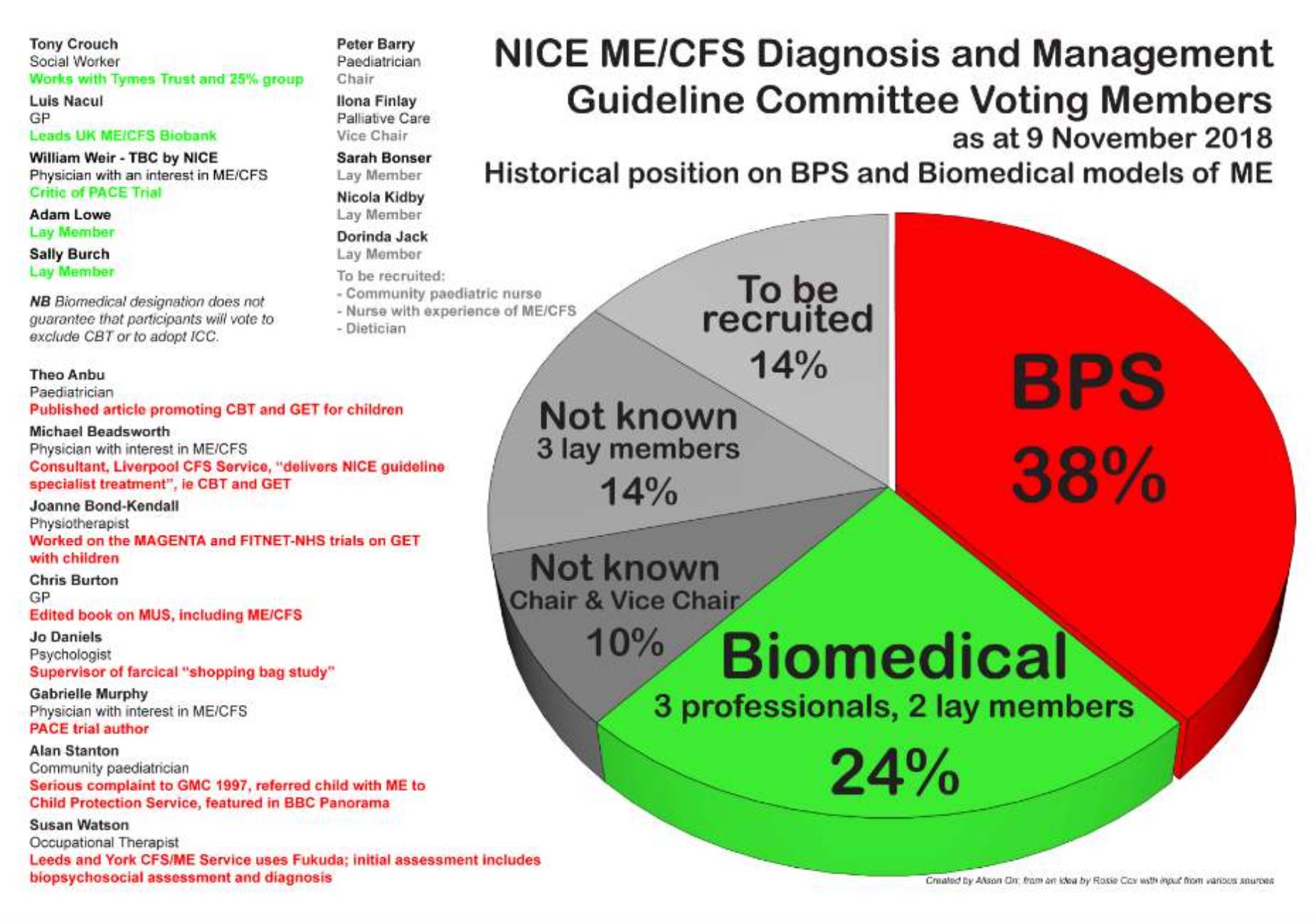Daisymay
Senior Member (Voting Rights)
I wondered when the interviews were recorded and at what stage PG might have registered the comments on his blog. It almost sounds as if CG was driving the BPS message ahead and PG was cooling off.
I can think of a long list of things that are not made better by exercise.
Yes and I wondered if it was a damage limitation exercise, trying to cool down the furor surrounding PG's BMJ piece because he came out of that really badly and they realised this so they tried to mitigate it a wee bit by getting him and Gerada on TV to make him seem not as extreme and unpleasant towards PWME and PWLC? i.e. no mention from either of them of military type exercise, limited derogatory comments about ME/CFS and online groups, much more toned down but definitely not good.
And I find it interesting that they had Gerada on too.
Could the BPS/SMC cabal have been behind helping PG to get all the media and BMJ coverage he has had over the past months?
I was astonished reading Suffolkres post 237 on this thread (page 12) with all the media coverage he has had, but maybe that is what can legitimately happen in the media in such situations with no pushing from the shadows, I don't know, but having Gerada pop up like that makes me immediately suspicious.

